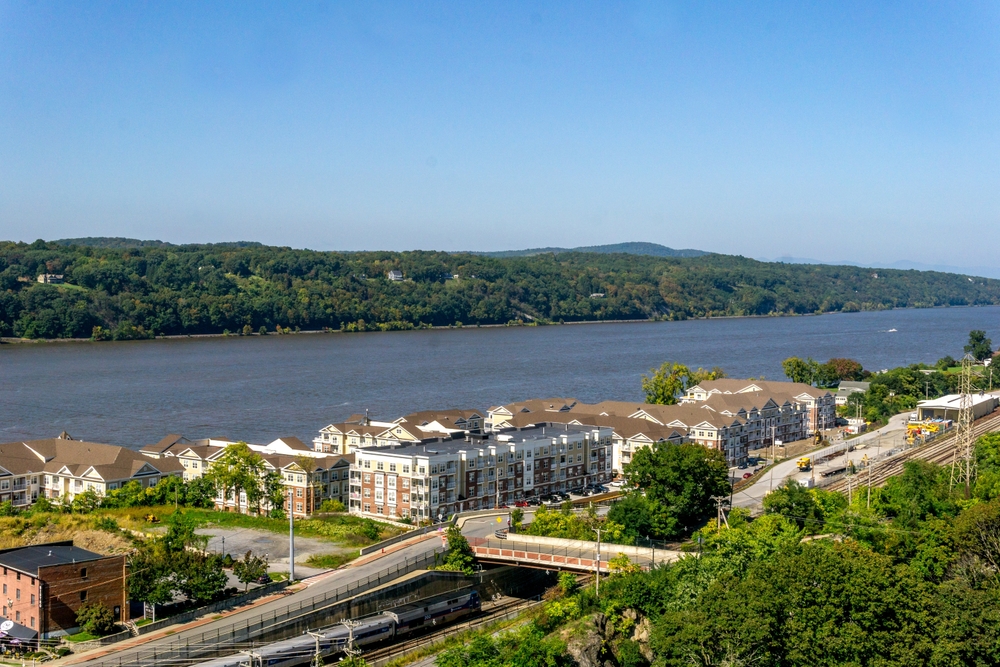
The New York State Legislature is currently reviewing a proposed Bill, A.831, seeking to establish vested rights protections for land development projects in Dutchess, Orange, Putnam, Rockland, and Westchester Counties. If enacted, this legislation would create a presumption of vested rights for landowners and developers once a completed development application has been on file for nine months, potentially shielding projects from subsequent zoning and regulatory changes.
What Would the Bill Do?
Among its key provisions, Bill A.831 proposes a pilot program ensuring that once an application is deemed complete, the zoning and development regulations in place at the time of filing would remain binding on that project for another six years, provided the applicant continues to make reasonable efforts to pursue the project.
However, municipalities could challenge this presumption in limited circumstances:
- A change in federal or state laws affecting the project.
- Newly discovered information proving the project would cause harm to public health, safety, or biological habitats.
- A pre-existing environmental review process that identified stricter requirements before the project application was filed.
This proposed bill would require municipalities to shoulder the burden of proof, requiring clear and convincing evidence to override an owner/developer’s vested rights. If a municipality issues such a determination, it would be subject to judicial review under CPLR Article 78 of the Civil Practice Law and Rules and likely be subject to a four-month limitations period for asserting claims.
Why Does It Matter?
On one hand, for developers and property owners, this legislation could provide greater stability and predictability in preventing municipalities from implementing last-minute zoning changes or even project-specific moratoriums intended to sideline approved projects or projects under review. On the other hand, municipalities and environmental advocates might argue this legislation restricts local governments from responding to evolving land use concerns or even interfering with Municipal Home Rule.
What Happens Next?
If passed, this legislation would take effect 180 days after being signed into law and remain in place for six years, applying exclusively to the five above-named counties. Projects that file before the repeal date would still be given safe harbor under the new law. This legislation marks a significant shift in New York land use policy, potentially setting the stage for statewide expansion.
Cuddy & Feder’s Land Use, Zoning & Development attorneys are closely tracking Bill A.831 and are ready to help you understand how it may affect your current or future projects in Westchester, Dutchess, and surrounding counties. Contact us to discuss how to protect your investments and navigate New York’s evolving regulatory landscape.

